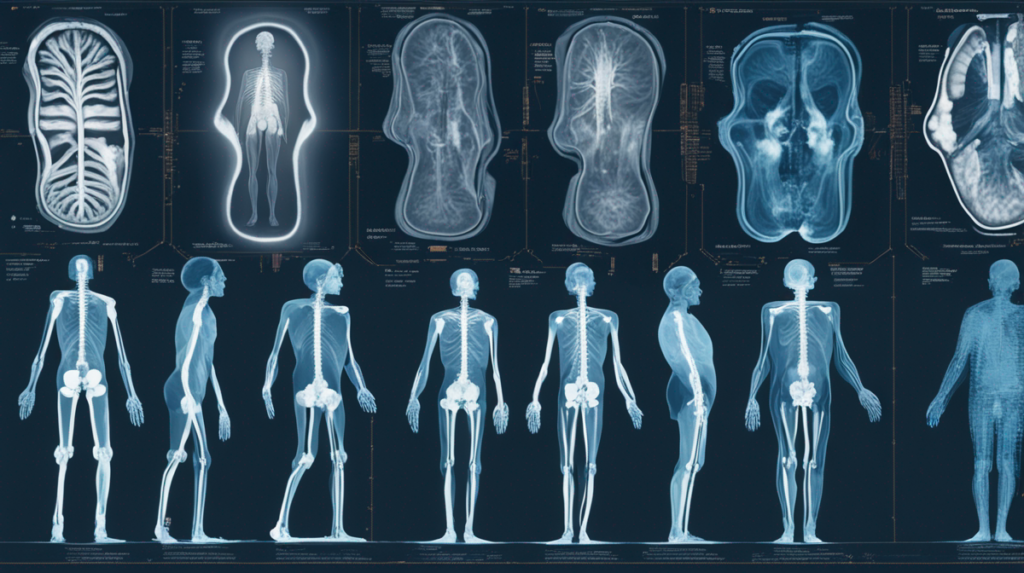Introductory Overview
Medical imaging’s incredible journey from simple X-rays to intricate Magnetic Resonance Imaging (MRI) has revolutionized healthcare. With its unparalleled capability to visualize internal structures in path-breaking clarity, it has become an invaluable element of modern medicine.
The Inception: X-rays
The foundation stone of medical imaging was laid with the accidental discovery of X-rays by Wilhelm Conrad Roentgen in 1895. The earliest X-rays, despite their relatively low-resolution images and potential health risks from radiation, revolutionized medicine by providing the first non-invasive insights into the human body.
Subsequent Evolution: Introduction of Computer Tomography (CT) Scans
The 1970s saw a major leap in medical imaging with the introduction of CT scans. Using multiple X-ray measurements taken from different angles, CT scans create cross-sectional images that offer far greater detail than traditional X-rays, proving essential in detecting and diagnosing numerous conditions.
The Modern Marvel: Magnetic Resonance Imaging (MRI)
Closing in on the 1980s came a breakthrough that propelled medical imaging to new heights: MRI. With the ability to capture detailed images using strong magnetic fields and radio waves, MRI eliminated radiation risks while providing unprecedented insights into soft tissue anatomy. This revolutionized the diagnosis and treatment of neurological, musculoskeletal, and cardiovascular conditions.
(Read Also: The Dawn of a New Era: Exploring the Future of Surgical Robotics and its Dynamic Advancements)
Controversies and Ethical Implications
Despite the incredible benefits, the rapid evolution of medical imaging has sparked debates. Issues like overreliance leading to inappropriate or unnecessary imaging, radiation exposure risks, data privacy concerns, and high costs have created a confluence of ethical dilemmas that must be navigated with care.
Conclusive Thoughts
From X-rays to MRIs, the transformational journey of medical imaging has undeniably reshaped healthcare. As we anticipate future advancements, balancing clinical necessity, safety, and ethics will be pivotal for this medical marvel to act as a powerful tool and not a double-edged sword.
(Read Also: The Power of Clinical Trials: Pioneering Progress in Medical Science)
Practical Tips
Patients can advocate for their health by being proactive about their medical imaging. Ask your doctor about the necessity of a recommended image, discuss alternatives, and ensure you understand the risks and benefits.

